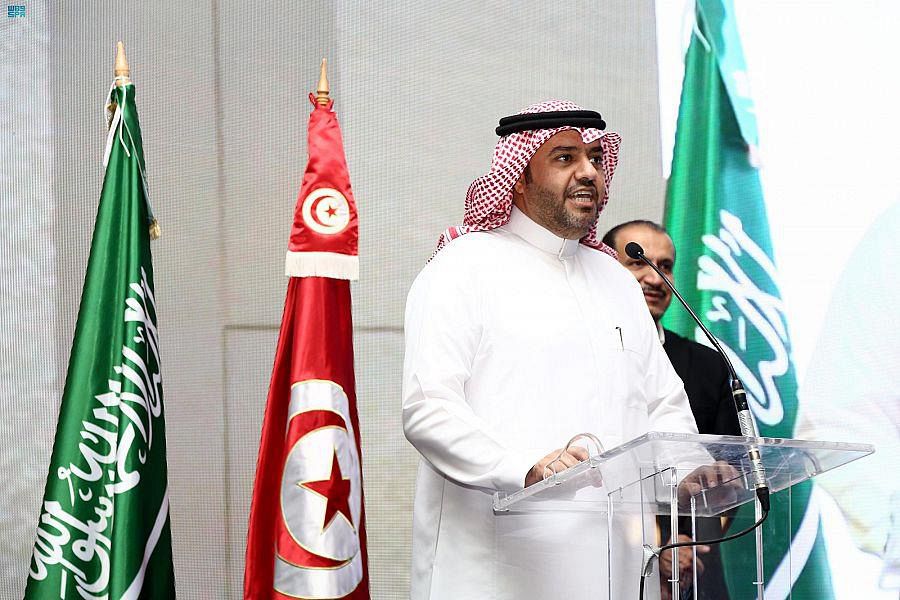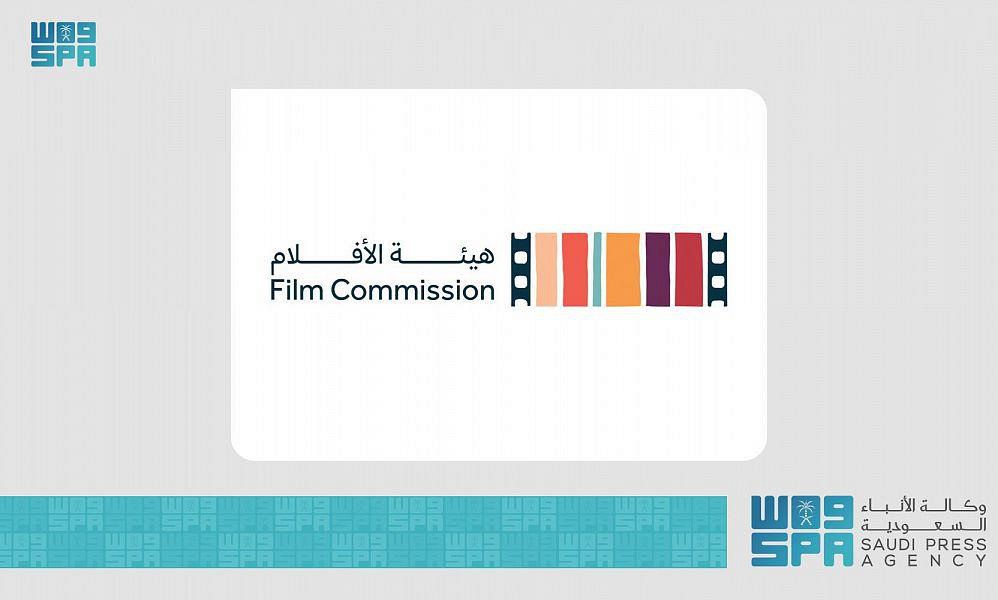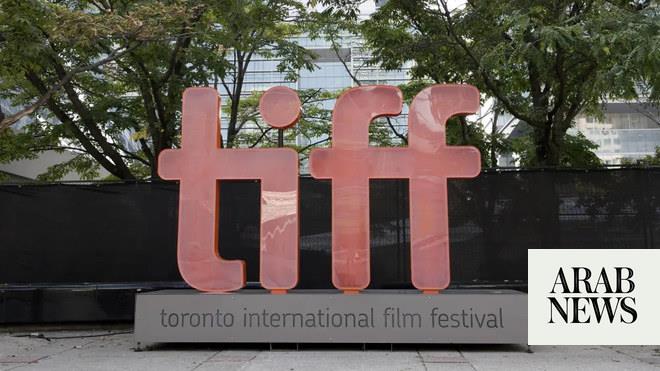
RIYADH: Saudi filmmakers are taking part in the Malmo Arab Film Festival 2022 through 16 films, hoping to present a positive image of the development of the Kingdom’s film industry.
The event, which began on Wednesday and runs until May 9 in the Swedish city, invited Saudi Arabia as a guest of honor. As a result, Saudi films will receive special screenings and seminars will be held to showcase the development of Saudi cinema.
Saudi filmmakers will present feature films in the competition, in addition to screenings of other formats.
The Saudi films entering the competition are “Junnah” by directors Maan Abdul Rahman and Yasser Abdul Rahman in the feature film competition category; “Phone Kharban” by directors Raghad Al-Barqi, “Diyar Hisma” by Fahd Fayez, “a” by directors Noura Al-Mawlid, Ragheed Al-Nahdi and Ruba Khafajiin the short film competition category; and a film by Nour Al-Amir and Fatima Al-Hazmi in the “Arabian Nights” category.
The festival will screen five feature Saudi films: “Forty Years and One Nights” by Mohammed Al-Halil, “The Tambour of Retribution” by Abdulaziz Al-Shalahi, “The Journey” by Kibon Shizuno (a Saudi-Japanese co-production), “Shams Almaarif” by Faris Quds, “The 10th Way” by Omar Naim, in addition to seven short films: “Umm Al-Saaf and Al-Lif” by Hala Al-Haid (a Saudi-US co-production), “Hawas” by Khaled Zeidan, “Zawal” by Mujtaba Saeed (a Saudi production, with German-French contribution), “Saaf” by Wijdan Al-Marzouq, “Shams 89” by Mansour Al-Badran, “The Little Bird” by Khaled Fahd and “Noor Shams” by Fayza Amba.
The participation at the festival is in line with the Saudi film industry’s plan to promote itself on global platforms and build partnerships that build the sector, said Abdullah Al-Eyaf, CEO of the Saudi Film Commission.
He added that international film festivals represent a space to highlight Saudi talents and attract global talent in the field of filmmaking, especially after the remarkable shift in the industrial environment in the Kingdom through a government system that supports and stimulates the industry.
Al-Eyaf said that prominent partnerships from the private sector and the Kingdom’s great geographical diversity have also enabled the transformation.
Mansour Al-Badran, director of “Shams 89,” said: “I am very happy with the film’s participation in the festival. I think that the national achievement that was made in the film deserves to be watched and celebrated, on a local and international level.”
He told Arab News that the Saudi Film Commission has made great efforts to enable national talents to take part in the Malmo event, expressing confidence that the commission’s support will continue in other international forums to celebrate Saudi cinematic creativity.
The Saudi presence at the Malmo Festival was “honorable,” Al-Badran said, adding that the selection of the films that qualified to participate was “objectively decided.”
He said: “I think that Saudi cinema is up and coming, and the Saudi films participating in the current festival are a good proof of that ... I think we are on the right track.”
The guest of honor program includes a symposium to introduce the Saudi Film Commission and its initiatives, and to showcase the Talents Bridge intensive training program. The event will conclude with a Saudi artistic night, in which a Saudi musical orchestra will perform.
The Malmo event is the largest Arab film festival in Europe. Since its establishment in 2011, it has received growing public interest due to its location in Sweden. Malmo is home to a diverse range of cultures, and the festival aims to build bridges between people based on film as a universal visual language.
Cinemas in Saudi Arabia have made great achievements over the past four years, with box office sales exceeding 30.8 million tickets, the Saudi Press Agency recently reported.
Since its launch in April 2018, the Saudi Film Commission has licensed 56 theaters with 518 screens in 20 cities, in which 1,144 films were shown, including 22 Saudi films. The number of ticket sales amounted to 30,860,956 for films in 22 languages from 38 countries.
The cinema sector also employs 4,439 young Saudi men and women as part of efforts to increase the size of the media market, provide a favorable environment to diversify economic sources of income and create thousands of jobs for Saudi youth.
Using media as a strategic tributary of the national economy also comes in line with Vision 2030, the SPA said.
“This demonstrates growth that was achieved in four years, indicating that the cinema sector is an attractive element for local and international investors, in light of the initiatives and projects offered by the commission that enable beneficiaries to easily engage in media activities of all kinds,” it added.












